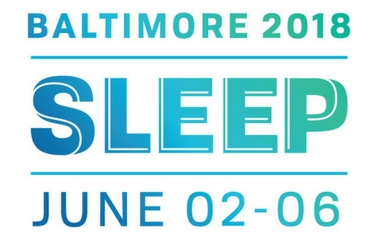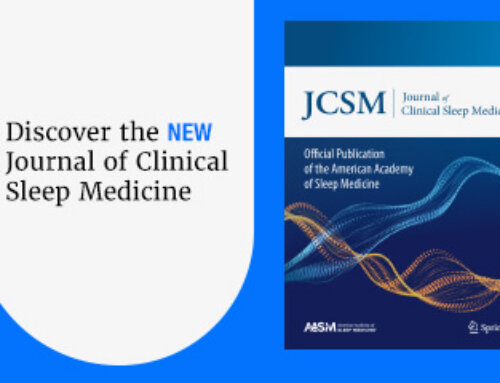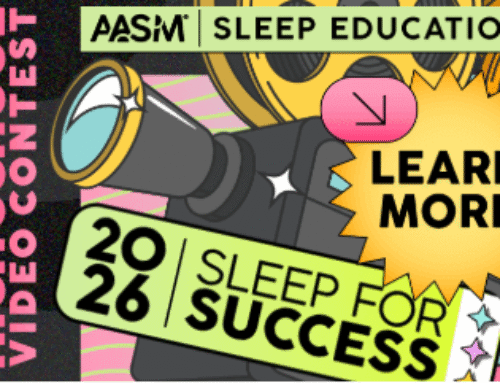BALTIMORE – Preliminary results from a new study show that excess heart age (EHA) appeared to be lowest among adults who reported sleeping seven hours per 24-hour period.
Results show that mean adjusted EHA was lowest among adults who reported sleeping seven hours per 24-hour period. Sleeping times less than or greater than seven hours were associated with increased excess heart age, and the highest elevations in EHA were noted in short sleepers. Sleep duration coupled with EHA may prove helpful for communicating the cardiovascular risks and benefits associated with sleep duration.
“These results are important because they demonstrate a quantitative method for the inclusion of sleep duration in the establishment and communication of cardiovascular risk for individuals. This could have utility in the clinical care of patients with cardiovascular risk, and for public health researchers interested in adding a sleep metric to future studies,” said primary researcher and study author Julia Durmer, BS candidate, Emory University, the Center for the Study of Human Health and student researcher, Emory University, Rollins School of Public Heath in Atlanta, Ga.
The study involved 12,775 adults ranging in age from 30-74 years who responded to the 2007-2014 National Health and Nutrition Examination Survey (NHANES). Self-reported sleep duration was classified into five categories (5 or less, 6, 7, 8, and 9 or more hours of sleep per night). They used the sex-specific Framingham heart age algorithm to calculate each individual’s heart age and used multivariable linear or logistic regression to examine the association between sleep duration and EHA or risk of EHA 10 years or more.
The research abstract was published recently in an online supplement of the journal Sleep and will be presented Monday, June 4, in Baltimore at SLEEP 2018, the 32nd Annual Meeting of the Associated Professional Sleep Societies LLC (APSS), which is a joint venture of the American Academy of Sleep Medicine and the Sleep Research Society.
Abstract Title: Sleep Duration and Excess Heart Age among U.S. Adults
Abstract ID: 0868
Poster Presentation: Monday, June 4, 5 p.m. to 7 p.m., Board 128
Oral Presentation: Wednesday, June 6, 8:15 a.m. to 8:30 a.m., Room 337
Presenter: Julia Durmer
For a copy of the abstract or to arrange an interview with the study author or an AASM spokesperson, please contact AASM Communications Coordinator Corinne Lederhouse at 630-737-9700, ext. 9366, or clederhouse@aasm.org.
About the American Academy of Sleep Medicine
Established in 1975, the American Academy of Sleep Medicine (AASM) improves sleep health and promotes high quality, patient-centered care through advocacy, education, strategic research, and practice standards. The AASM has a combined membership of 10,000 accredited member sleep centers and individual members, including physicians, scientists and other health care professionals. For more information about sleep and sleep disorders, including a directory of AASM-accredited member sleep centers, visit www.sleepeducation.org.





